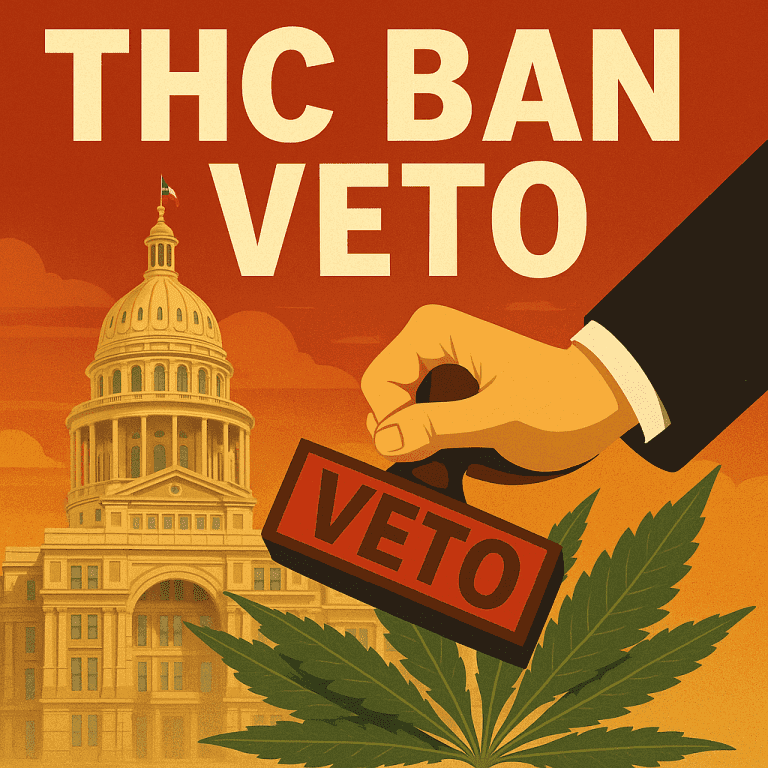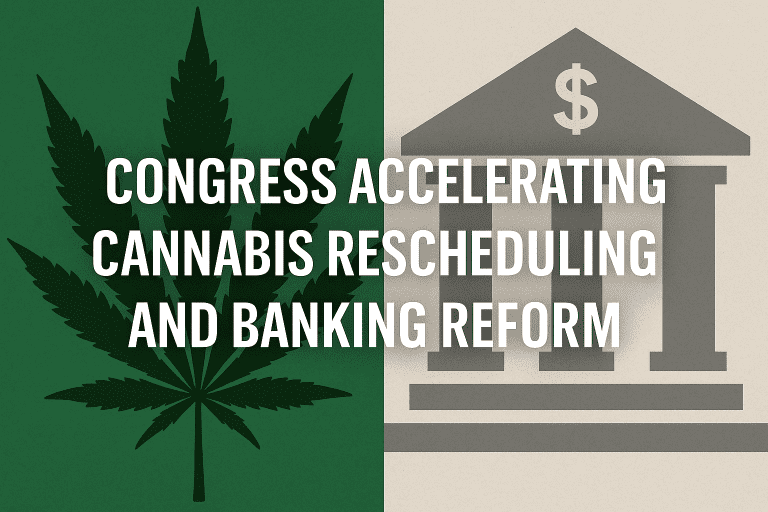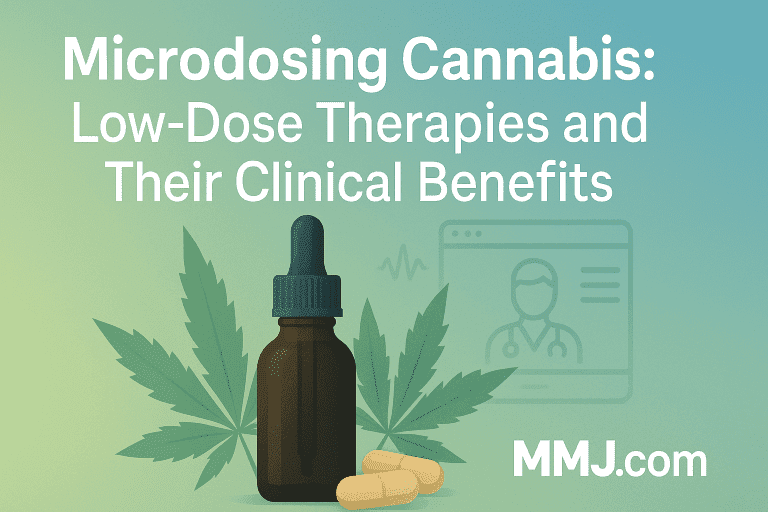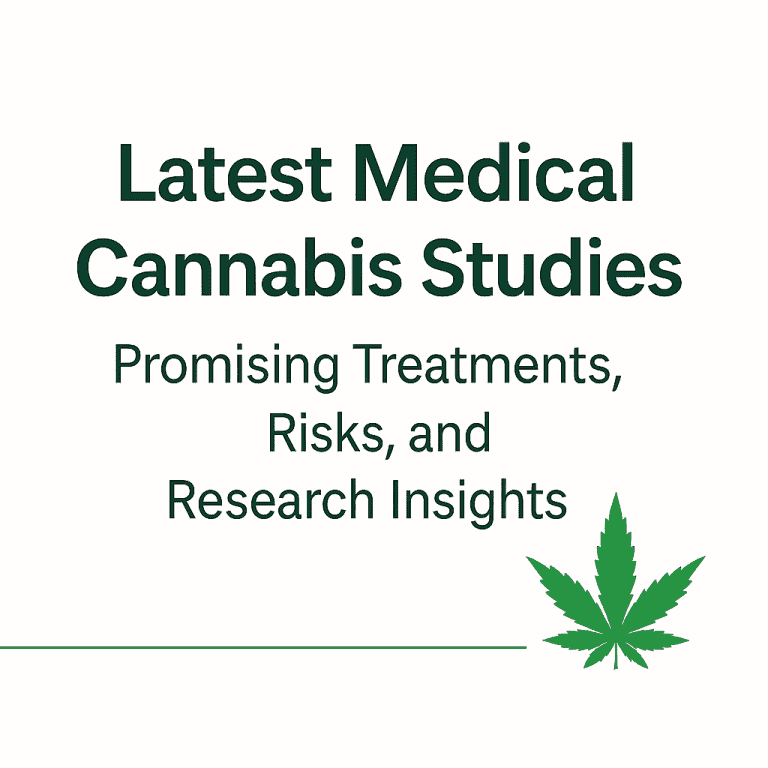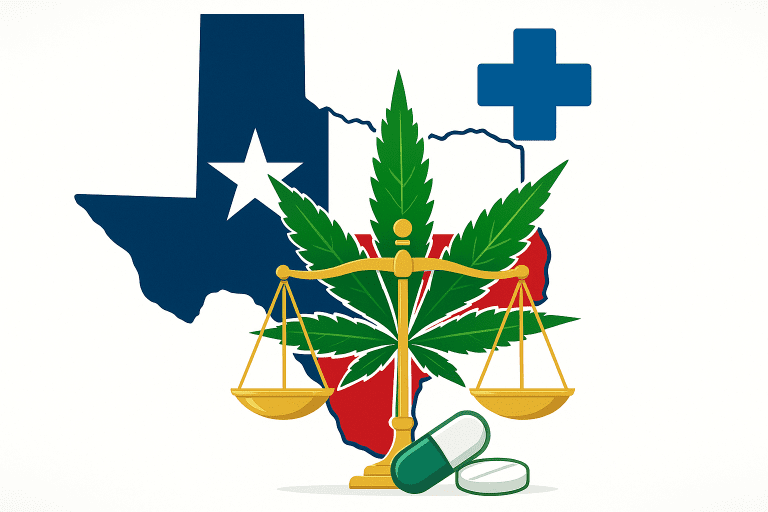Minnesota Medical Cannabis Program: Policy & Access Overview (2025)
Program Background & Legislative Milestones
Minnesota launched its medical cannabis program in 2014, with patient enrollment commencing in June 2015. Originally limited to low-potency cannabis forms, significant expansions occurred in 2021 when flower products became available for adult patients aged 21 and older. The program management transitioned from the Department of Health to the newly established Office of Cannabis Management (OCM) in early 2025, signaling an enhanced commitment to patient access and regulatory oversight.
Comprehensive Qualifying Conditions
Patients must be diagnosed with qualifying conditions recognized by Minnesota’s medical cannabis program, including:
- Alzheimer’s disease
- Amyotrophic lateral sclerosis (ALS)
- Autism spectrum disorder
- Cancer (with severe symptoms)
- Chronic motor or vocal tic disorder
- Chronic or intractable pain
- Crohn’s disease / inflammatory bowel disease (IBD)
- Glaucoma
- HIV/AIDS
- Irritable bowel syndrome (IBS)
- Obsessive-compulsive disorder (OCD)
- Obstructive sleep apnea
- Post-traumatic stress disorder (PTSD)
- Seizures, including epilepsy
- Severe muscle spasms, including multiple sclerosis (MS)
- Sickle cell disease
- Terminal illness (life expectancy <1 year)
- Tourette’s syndrome
Available Medical Cannabis Products
Minnesota authorizes various medical cannabis forms to meet diverse patient needs:
- Liquids
- Pills and capsules
- Tinctures
- Vaporized cannabis
- Smokable cannabis flower (available since 2021)
Patient Registration, Certification, and Costs
- Patients must register through Minnesota’s Medical Cannabis Registry; no physical medical cannabis cards are issued.
- Telemedicine certifications are permitted, increasing patient access.
- Registration fees were eliminated in July 2023, removing financial barriers for patients.
- Recertification requirements are every three years for most patients; minors require annual recertification.
Possession Limits and Caregiver Regulations
- Patients may obtain up to a pharmacist-determined 30-day supply of medical cannabis.
- Caregivers aged 18 or older can support patients, including minors, and legally purchase medical cannabis products on their behalf.
Dispensary Access and Delivery Services
- Medical cannabis products are available through licensed dispensaries, including tribal dispensaries.
- State regulations permit home delivery and curbside pickup services, enhancing patient convenience and accessibility.
This policy overview provides detailed and clear guidance for patients and caregivers navigating Minnesota’s medical cannabis program effectively.
Minnesota Medical Cannabis Program: Expanded Patient Support & Community Resources (2025)
Enhanced Patient Wellness and Therapeutic Insights
Effective use of medical cannabis involves ongoing education and practical wellness strategies:
- Integrative Treatment Approaches: Guidance on integrating medical cannabis into broader healthcare regimens alongside traditional therapies and lifestyle adjustments.
- Personalized Treatment Plans: Information on working collaboratively with healthcare providers to tailor cannabis treatments to individual patient needs and evolving health conditions.
- Long-term Health Management: Educational resources for maintaining therapeutic efficacy over extended periods, addressing tolerance, and managing chronic symptoms effectively.
Advanced Caregiver Empowerment
Caregivers play a critical role in successful patient treatment and quality of life:
- Advanced Caregiver Training: Specialized programs offering in-depth training on advanced caregiving techniques, patient communication, and medication management.
- Caregiver Support Networks: Comprehensive listings of caregiver support groups and peer networks providing emotional support, practical assistance, and shared knowledge.
Active Patient Advocacy and Community Involvement
Patient advocacy continues to shape Minnesota’s medical cannabis landscape significantly:
- Legislative Influence: Resources to assist patients and caregivers in understanding legislative processes, contacting representatives, and advocating effectively for policy enhancements.
- Community Empowerment Initiatives: Opportunities to engage in local initiatives, public speaking events, and advocacy campaigns designed to enhance program accessibility and community acceptance.
Economic Development and Industry Perspectives
Understanding Minnesota’s medical cannabis economic landscape provides critical context for patients and caregivers:
- Local Economic Impact: Insight into how the medical cannabis industry benefits local economies through job creation, increased commerce, and community investments.
- Innovative Trends and Future Outlooks: Discussions of upcoming market trends, novel therapeutic products, and future industry developments shaping Minnesota’s medical cannabis sector.
Ongoing Regulatory Education and Compliance Support
Keeping updated on regulatory matters ensures continuous compliance and maximizes patient protection:
- Proactive Regulatory Updates: Timely notifications about evolving regulatory frameworks, legislative developments, and compliance requirements from the Office of Cannabis Management.
- Comprehensive Patient Rights Education: Detailed information outlining patient protections in various aspects of daily life, including workplaces, housing, healthcare, and public venues.
Comprehensive Patient and Caregiver Resource Networks
Minnesota provides expansive support to strengthen patient care and caregiver effectiveness:
- Enhanced Accessibility Tools: Updated platforms for easy identification and access to dispensaries and delivery services, ensuring seamless patient experiences.
- Healthcare Provider Networks: Expanded directories of healthcare professionals specializing in medical cannabis, supporting patients with specialized and informed medical advice.
- Educational Innovations: Interactive digital resources, multimedia educational content, and live workshops designed to continuously enhance patient and caregiver knowledge.
- Community Connection and Emotional Support: Well-organized community forums, online support groups, and peer-to-peer networking platforms fostering strong community bonds and shared caregiving insights.
This expanded support framework provides comprehensive resources, empowers patient advocacy, and fosters active community involvement, ensuring that Minnesota’s medical cannabis program continuously evolves to meet patient and caregiver needs.








